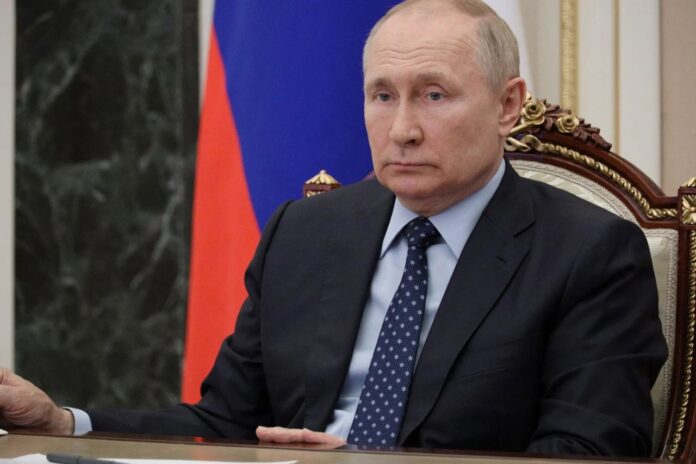In a devastating turn of events for Russia’s economic stability, Vladimir Putin faces a significant setback as Gazprom, the country’s largest energy company, struggles under mounting financial pressures. This development underscores the escalating challenges for the Kremlin amidst its ongoing geopolitical confrontations.
Gazprom, often seen as the backbone of Russia’s energy dominance, has reported a sharp decline in profits, signaling broader economic vulnerabilities. This comes at a time when Western sanctions and reduced energy demand from Europe are squeezing Russia’s revenue streams. Once a symbol of Russia’s global clout, Gazprom’s troubles highlight the deepening impact of international isolation.
According to industry analysts, the company’s struggles are largely attributed to the European Union’s accelerated shift away from Russian energy supplies. The bloc, which once relied heavily on Russian natural gas, has diversified its energy imports following the invasion of Ukraine. As a result, Gazprom’s export volumes have plummeted, dealing a severe blow to the Russian economy.
“Gazprom’s declining fortunes are a microcosm of Russia’s broader economic challenges,” said Sergei Aleksandrov, a Moscow-based economist. “The country’s heavy reliance on energy exports has left it vulnerable to external shocks, and the current geopolitical climate has exacerbated these vulnerabilities.”
The ramifications of Gazprom’s struggles are far-reaching. With energy revenues accounting for a significant portion of Russia’s federal budget, the decline in Gazprom’s profitability could hinder the Kremlin’s ability to fund domestic and military expenditures. This, in turn, could undermine Putin’s strategic initiatives both at home and abroad.
Experts warn that the situation may worsen as Europe continues to invest in renewable energy and alternative suppliers. Meanwhile, efforts to pivot Russian energy exports to Asia have faced logistical and economic hurdles, limiting the potential for immediate recovery.
For Putin, this economic blow adds to a growing list of challenges. Domestically, public discontent over rising inflation and economic stagnation is mounting. Internationally, the Kremlin’s ability to project power and influence is increasingly constrained by dwindling financial resources.
As Gazprom’s struggles continue to unfold, the world watches closely. The once-unshakable foundation of Russia’s energy empire is showing cracks, raising questions about the country’s economic future and Putin’s ability to maintain his grip on power amidst mounting pressures.





